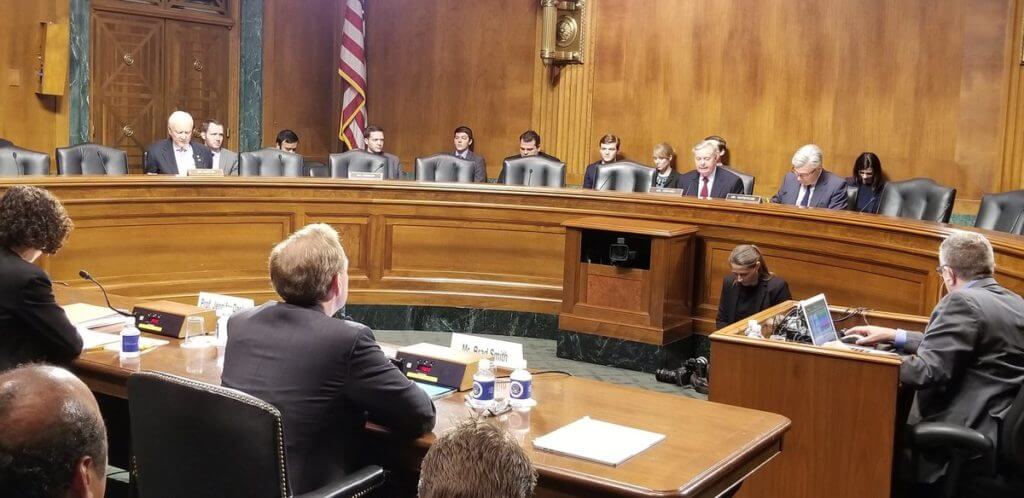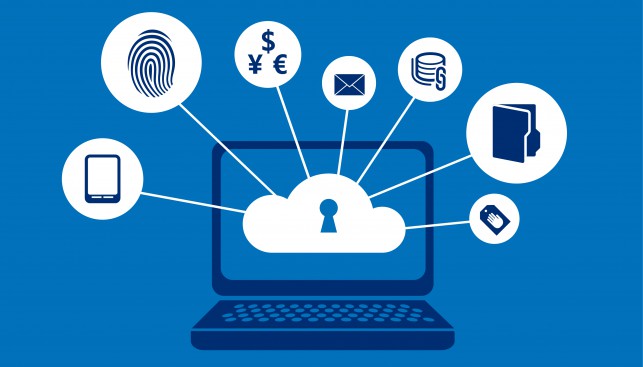On May 24, the U.S. Senate Judiciary Subcommittee on Crime and Terrorism held a hearing on a critical digital policy issue, “Law Enforcement Access to Data Stored Across Borders: Facilitating Cooperation and Protecting Rights.” (You can find a recording of the hearing and written testimony by following the link.)

The hearing included testimony from officials at the U.S. Department of Justice, the UK government, and Massachusetts; from a law professor; and from Microsoft President and Chief Legal Officer Brad Smith.
Testimony from the Tech Perspective
Brad Smith’s written testimony lays out a strong argument for why Congress needs to update digital privacy and data access laws for today’s cross-border cloud computing technology. Watch him address why Congress must act, when asked by Senator Orrin Hatch (R-Utah):
The hearing made clear that Congress needs to act to provide legal clarity that will benefit law enforcement, technology users, and the tech sector. It is not a matter of favoring one side of the debate or another, but defining the law for everyone. In addition, the U.S. has the opportunity to establish sensible rules of the road that can be a model for other nations.
The good news is that there seemed to be strong consensus among Senators at the hearing that congressional action is needed. Senator Hatch said that passing legislation to address this issue is one of his “top priorities.” Judiciary Committee Chairman Senator Chuck Grassley (R-IA) said he was looking forward to moving legislation forward this year.
In his written testimony, Smith makes the following key points about the shortcomings of today’s laws governing digital privacy and data access:
- The current legal framework undermines law enforcement’s ability to obtain information over the long term.
- The current legal framework creates conflicting legal obligations.
- The current legal framework ultimately undermines the privacy of U.S. citizens.
- The current legal framework drives customers to foreign competitors.
- The current legal framework impedes American allies’ legitimate law enforcement investigations.
He also makes the following key recommendations:
- Congress should create a modern, streamlined international legal framework that permits the gathering of digital evidence in appropriate circumstances across international borders.
- This modern legal framework should ensure that there are clear and robust legal protections for the privacy of the sensitive digital information customers entrust to their cloud providers.
- This modern legal framework should avoid imposing conflicting legal obligations on cloud providers.
- This legal framework should provide reciprocal rights and protections to governments that have demonstrated their respect for the rule of law, have enacted strong privacy protections for digital information, and have a track record of respecting human rights.
Voices for Innovation will continue to educate our members, the broader tech community, and technology users about this issue. We hope to have the opportunity to support legislation that modernizes our nation’s digital privacy laws—once Congress introduces it, which is expected soon.

